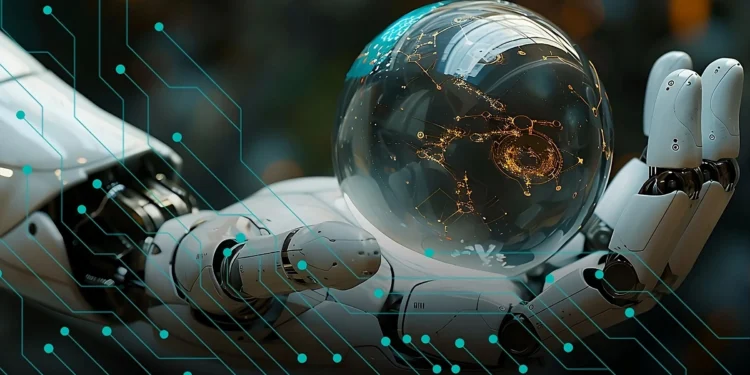Moving beyond traditional chatbots and image generators, 2025 will witness the emergence of more sophisticated AI agents capable of performing autonomous tasks. Ray Kurzweil, a renowned AI futurist, notes a significant shift towards these “agentic” systems. October saw Anthropic enhance its AI model, Claude, with capabilities to use computers for clicking, scrolling, and typing. This development is merely the tip of the iceberg.
Experts predict these agents will soon handle complex activities like scheduling and software development. Ahmad Al-Dahle of Meta and Jaime Sevilla of Epoch AI suggest these systems could soon work alongside humans as virtual co-workers, although initially, their appeal might be more about novelty. However, Melanie Mitchell from the Santa Fe Institute cautions about the potential risks, especially if these agents access sensitive personal or financial data.
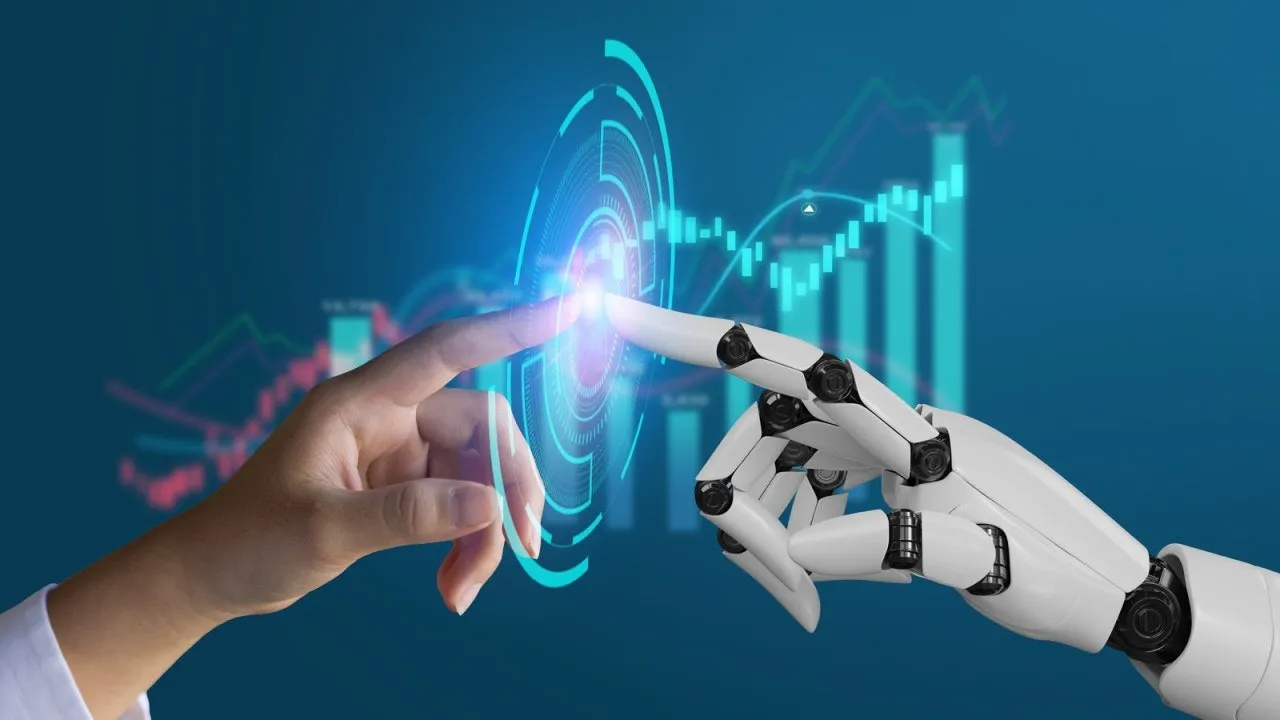
AI as a National Security Concern
AI’s influence stretches far into the realms of national security, with governments recognizing its critical importance. Dan Hendricks from the Center for AI Safety highlights the significant role AI plays in national defense decisions. The U.S. has already taken steps to limit China’s access to crucial technological resources, promoting a protective stance on its digital assets. Concurrently, Meta and Anthropic are deepening their ties with U.S. intelligence. Amandeep Singh Gill, a U.N. envoy, emphasizes the ongoing need for international collaboration despite these tensions.
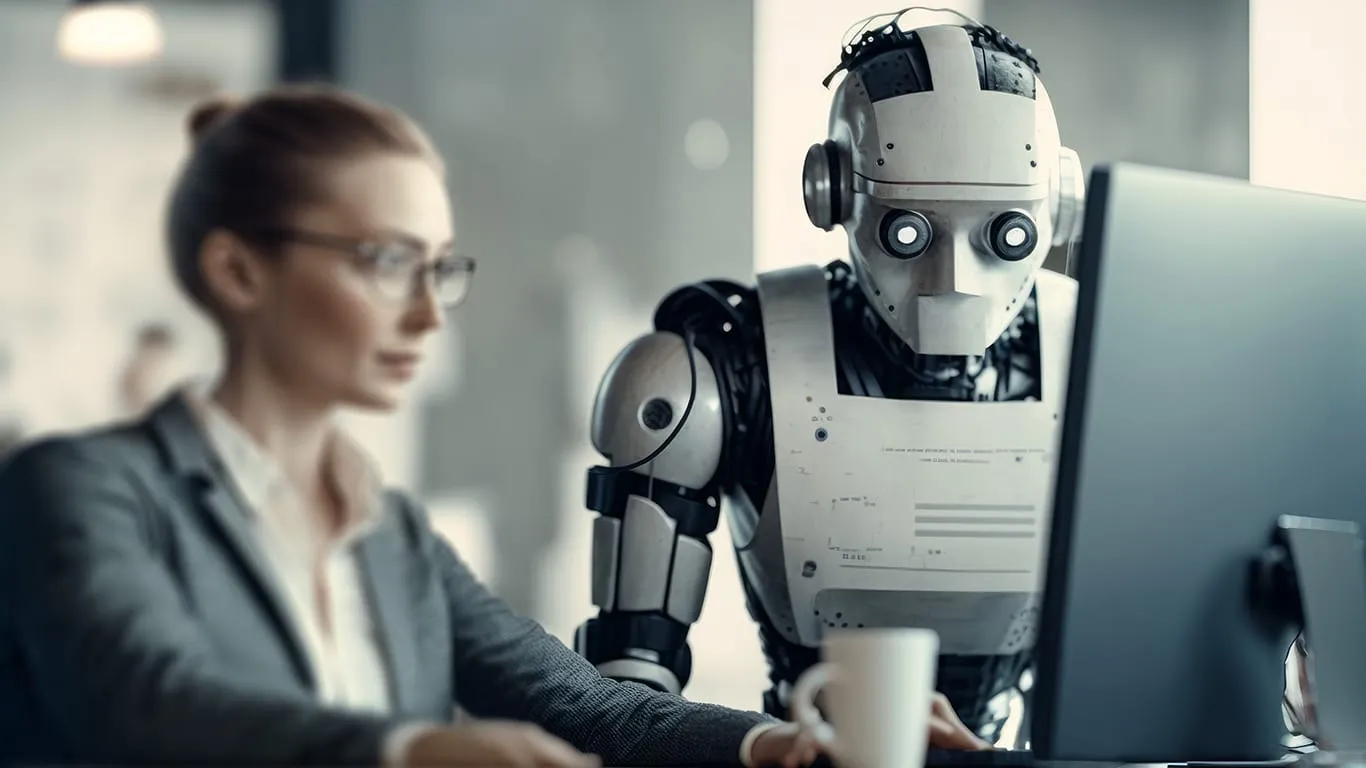
The Regulatory Landscape: Catching Up with Innovation
As AI technology advances, global regulators are hustling to keep pace. The European Union is at the forefront with its AI Act, aiming to set precedents that could shape worldwide regulatory approaches. According to Markus Anderljung from the Centre for the Governance of AI, these regulations will have a profound impact globally, although companies might adopt different strategies in diverse markets. In the U.S., the federal response may be minimal, but state-level initiatives could fill the void.
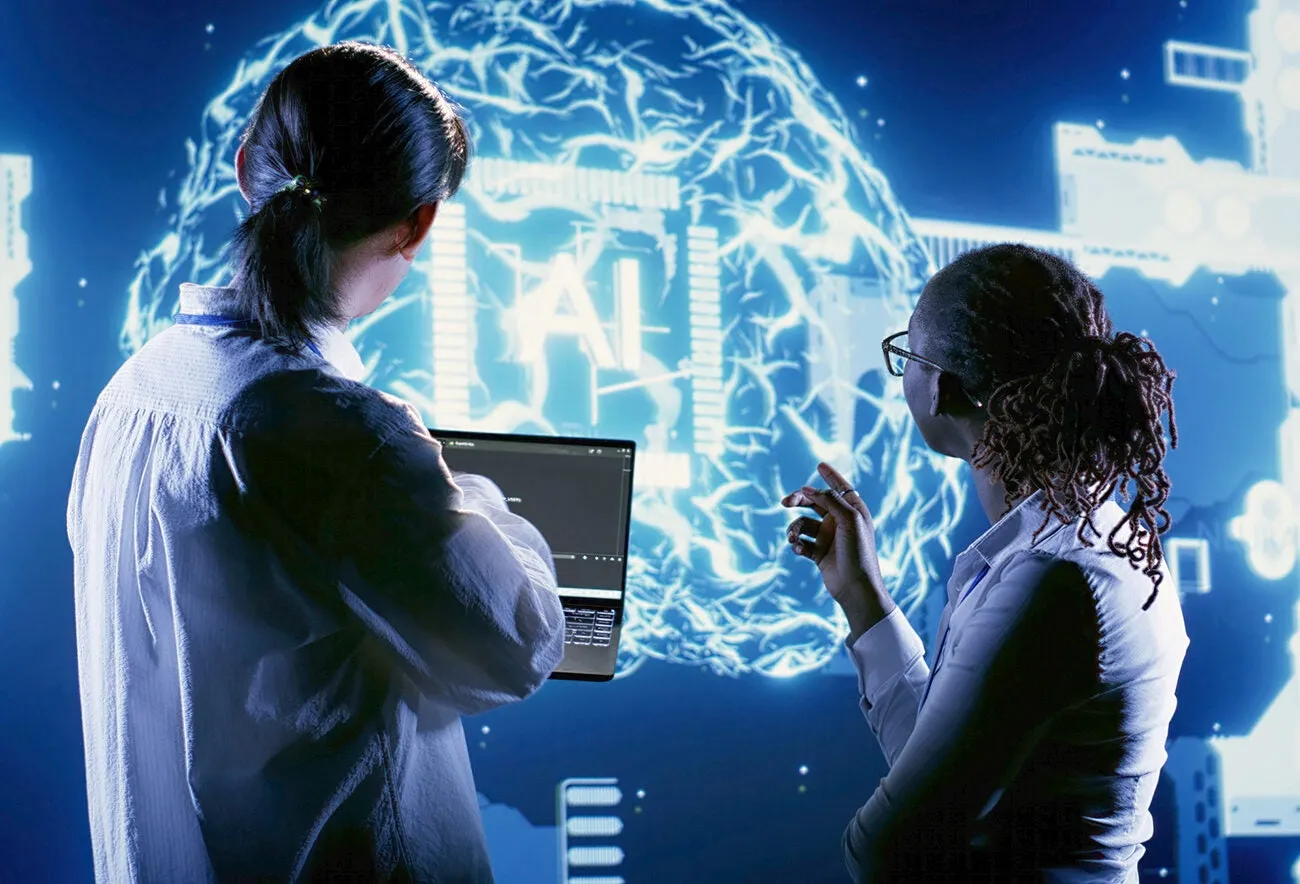
The Economic Implications: Investment and Return
Rumman Chowdhury, CEO of Humane Intelligence, describes 2025 as a “year of reckoning” for AI investments. The healthcare sector may see immediate benefits, such as new AI-powered diagnostic tools gaining FDA approval. However, the pressure to yield returns from substantial AI investments could lead to problematic deployments, especially in less-regulated markets like the Global South. Jai Vipra, an AI policy researcher, warns of the potential exploitation in markets like India, where AI could automate already precarious jobs, such as those in call centres.
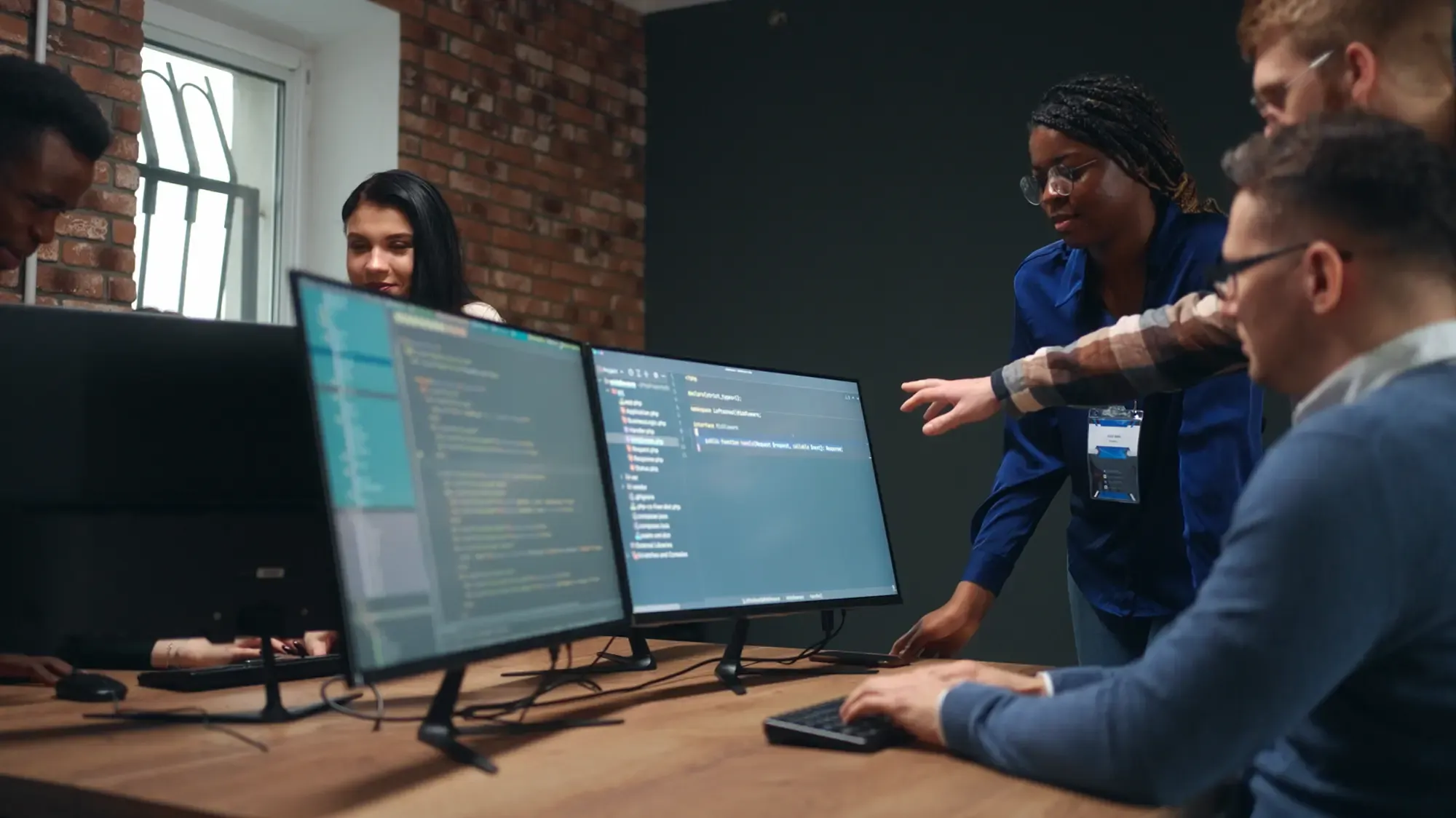
Mainstreaming AI in Video Production
The landscape of AI video production is set for a revolution. Late 2024 saw giants like Google and OpenAI releasing sophisticated video models. While OpenAI’s Sora faced initial hiccups with access delays, Google’s Veo 2 catered to a select user base. The trend towards more accessible and economical video-generation tools is expected to continue, with AI becoming increasingly integrated into our daily visual and interactive experiences. Meta’s Ahmad Al-Dahle envisions a future where AI can process video inputs from devices like smart glasses to provide real-time assistance on a wide range of tasks.
As we navigate through 2025, the trajectory of AI development points towards an increasingly integrated and potentially transformative presence in both our personal and professional lives. Whether in enhancing security protocols, regulatory frameworks, economic landscapes, or multimedia experiences, AI’s role is undeniably expanding, promising both innovations and challenges in the years to come.

